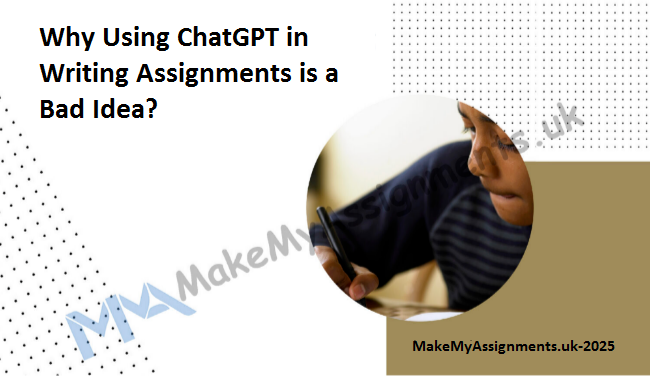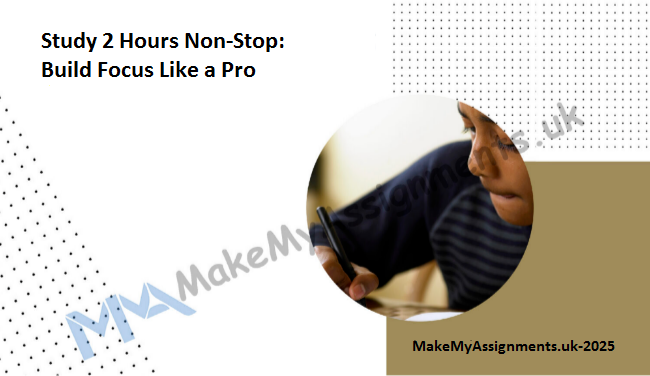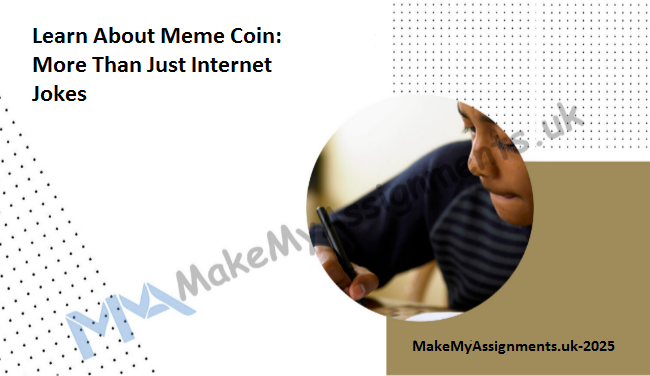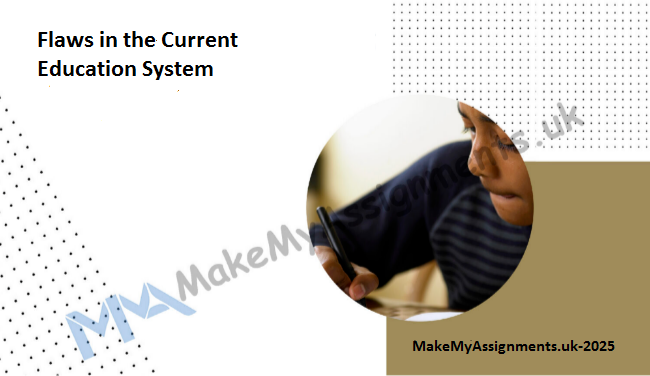Let’s be honest—studying for long hours is hard. With so many distractions around us (hello,…

Why Using ChatGPT in Writing Assignments is a Bad Idea?
In the digital age, many students turn to various AI tools to ease the burden of assignment writing. One of the most popular tools is ChatGPT, which is often seen as a convenient solution for generating content quickly. However, relying on ChatGPT for academic assignments is not a good idea for several important reasons.

First, ChatGPT may seem like a fast and easy way to get a paper written, it lacks the nuanced understanding and critical thinking that human writers can bring. Academic assignments are not just about filling in words on a page; they require the application of knowledge, the development of an argument, and the ability to analyze and critique sources. ChatGPT, despite its advanced algorithms, cannot grasp the intricacies of the subject matter in the same way a student can. It simply generates responses based on patterns it has learned, which often results in superficial or generic content that may not fully address the assignment requirements.
A major issue with using ChatGPT for assignments is the risk of plagiarism. While the tool does not directly copy and paste content from specific sources, it often produces ideas and phrases that are commonly found across multiple sources. This can lead to unintentional plagiarism, as the work produced by ChatGPT may be too similar to existing content. Many educational institutions use sophisticated plagiarism detection software, and if your assignment turns out to be too similar to other work, you could face serious consequences, including academic penalties.
In addition to the risk of plagiarism, using ChatGPT for assignment writing discourages the development of critical thinking and writing skills. Writing assignments are an essential part of a student’s education, designed to help them learn how to organize their thoughts, structure an argument, and communicate ideas effectively. By relying on an AI tool, students miss out on the opportunity to hone these skills. Over time, this reliance can affect their ability to think critically and write clearly on their own.
Moreover, ChatGPT is not always accurate or reliable. While it can provide coherent text, the information it generates may not always be up to date or factually correct. ChatGPT can sometimes make factual errors, present biased viewpoints, or fail to cite sources properly. This is a serious concern, especially when writing academic papers that demand accuracy and proper referencing. If you use ChatGPT to write your assignment, you might be submitting work that contains errors or is not up to the standards expected by your professors.
Lastly, using ChatGPT to complete assignments can be seen as academic dishonesty. Many institutions have clear guidelines regarding the use of AI in academic work, and submitting work generated by ChatGPT may violate these policies. Not only could this damage your academic reputation, but it can also lead to a loss of trust from professors and peers.
It is true that ChatGPT may be a helpful tool for certain tasks, but it should not be used as a shortcut for writing academic assignments. It is essential for students to engage with their coursework fully, to think critically, and to develop their writing skills. Relying on AI for assignments is not only risky, but it also defeats the purpose of education. Therefore, it’s better to tackle assignments on your own, seek help when needed, and use tools like ChatGPT responsibly rather than depend on them to do the work for you.




This Post Has 0 Comments